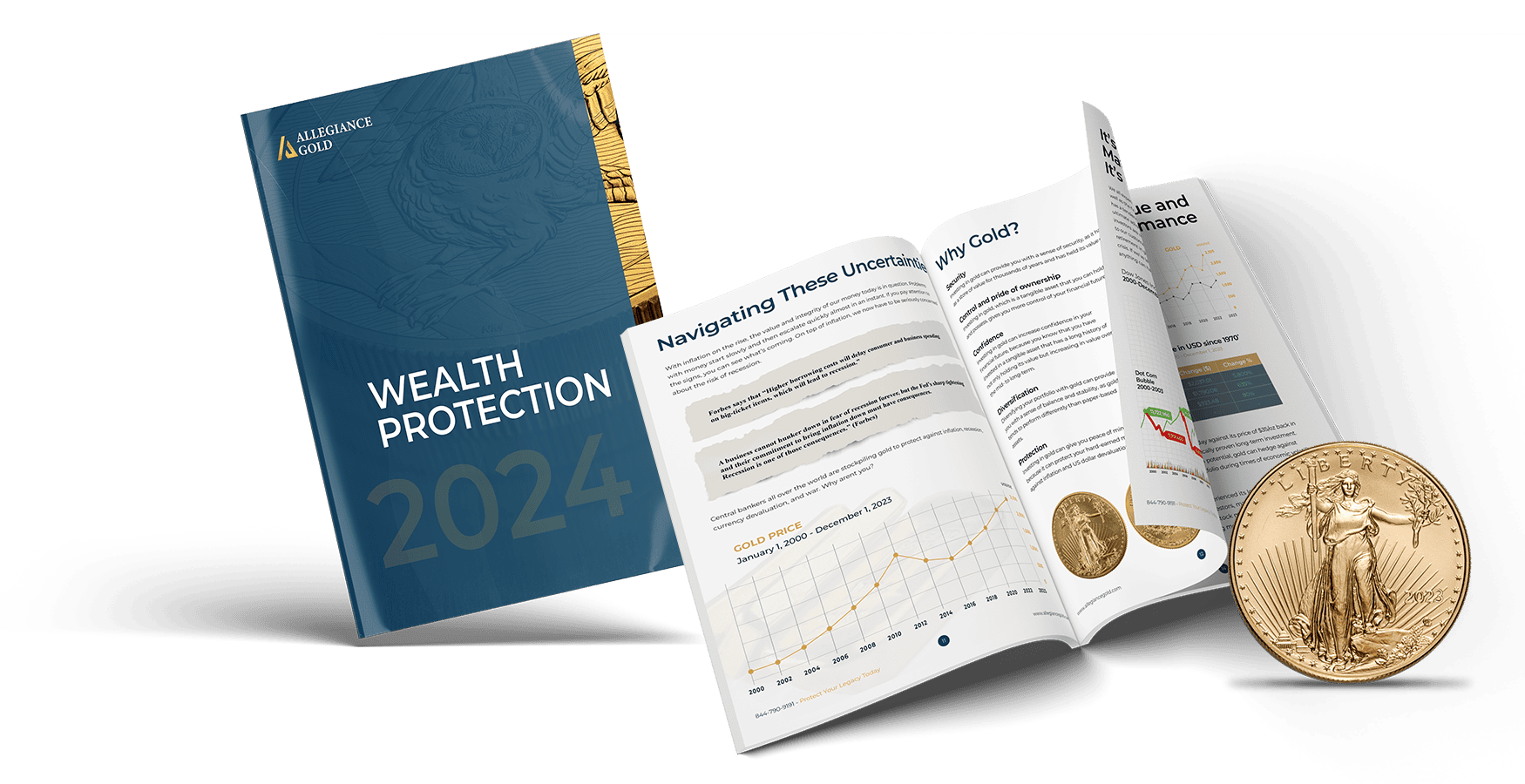Gold IRA Taxation Differs From Traditional IRA’s
Many investors may not be aware of the fact that they can include gold into their IRA. With gold, you can create an excellent hedge against stock holding. However, it is important to know the specific tax rules that govern gold IRA accounts. The most important factor about a gold IRA, is actually becoming more educated on what a gold IRA actually is. Allegiance Gold has executives that are experienced, and stay up to date with gold, silver, and the performances of other precious metals and how they can benefit any financial or retirement portfolio. After reading this article, make sure to contact the Allegiance Gold team for more information about a FREE gold IRA guide. Here’s a look at what you know about gold IRA tax rules.
Types of Gold That Are Allowed In an IRA
In the past, gold was not allowed in IRA accounts. Today, you can use a self-directed IRA account to purchase gold coins and gold bullion and have it placed in your gold IRA account. In order for the gold to qualify for the IRA account, the gold bullion or coins must come from an approved mint. Allowable bullion also includes gold coins and gold bars with at least 99.5% purity.
How Does the IRA Tax Gold?
Gold is taxed differently than stocks and other assets in IRA accounts. Here’s a look at the ways that gold is taxed in an IRA account:
1). A collectable tax rate does not apply to gold in IRA accounts
Normally, gold is taxed at the collectible rate of 28%. However, this tax rate does not apply to gold that is in an IRA account. Instead gold is taxed at the marginal tax rate of the investor. That means that if the investor is in the 33% tax bracket, then the gold will be taxed at 33% when he cashes out on his gold investment.
2). Taxes on gold are due once the investor cashes out
The investor pays the tax on the gold when he cashes out on his investment. This is also the same case that applies to all other investments in an IRA account.
3). Losses on gold investments are not tax deductible
Unlike stocks, you will not be able to claim a loss on gold investments that are in an IRA account.
4). You must start taking distributions on your gold at the age of 70 ½
Also, like other investments in an IRA account, you must begin to sell your gold assets when you reach the age of 70 1/2 .
5). Gold is subject to an early withdrawal fee
Also, if you withdraw your gold before you turn 60, then you will have to pay a 10% penalty fee. This is the same rule that also applies to stocks in an IRA account.
6). The gold has to be stored at a registered intermediary during the investment
Finally, you will not be able to hold the gold in your own possession while it is in your IRA. Instead, the gold must be stored with a registered intermediary during that time.
Knowing more about Gold IRA tax rules
Gold is one of the most important parts of a balance portfolio. Therefore, it makes sense that gold is included in your IRA. However, it is important to know the gold IRA tax rules that affect your investment. Be sure to familiarize yourself with the gold IRA tax rules before you invest. Allegiance Gold will take the time to make sure that you are well-educated on a gold IRA and how to preserve your financial freedom. Make sure to call 844-790-9191 and ask about receiving your FREE gold IRA guide.
Request our FREE investment guide to uncover insider tips and strategies for protecting your wealth.


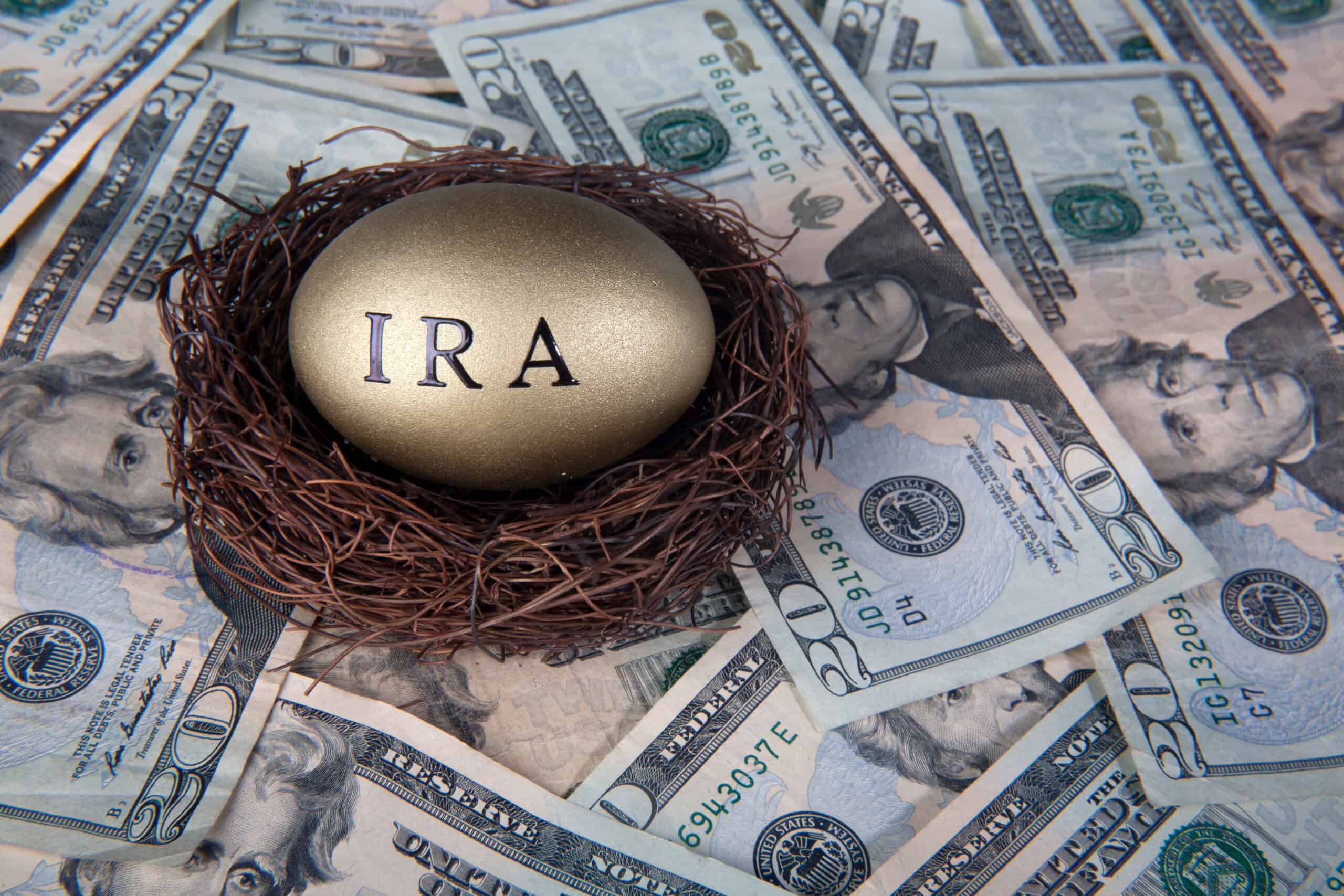

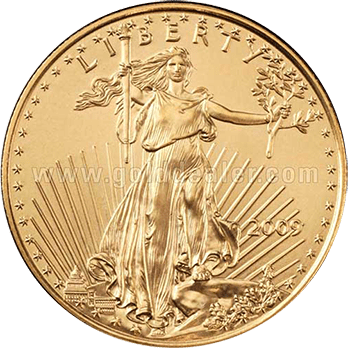 Gold Products
Gold Products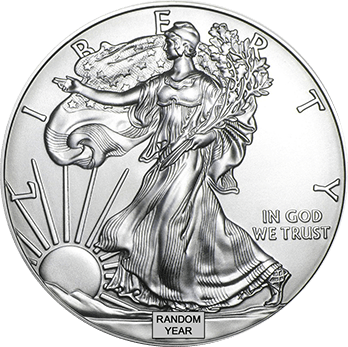 Silver Products
Silver Products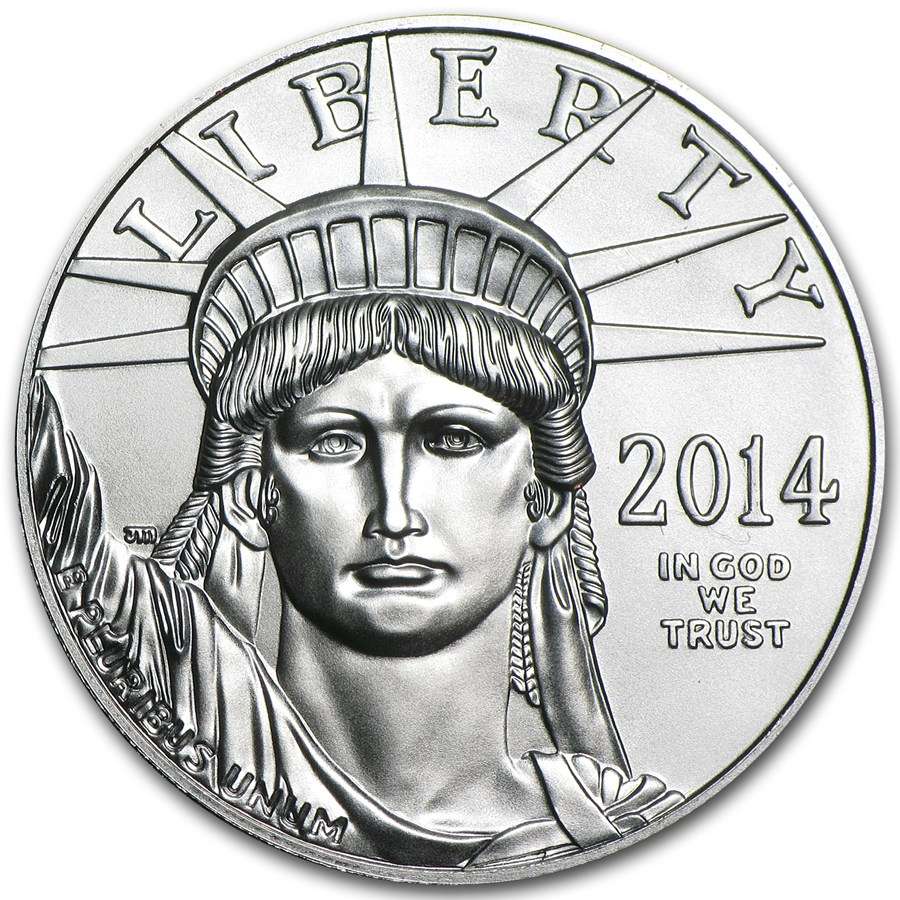 Platinum
Platinum